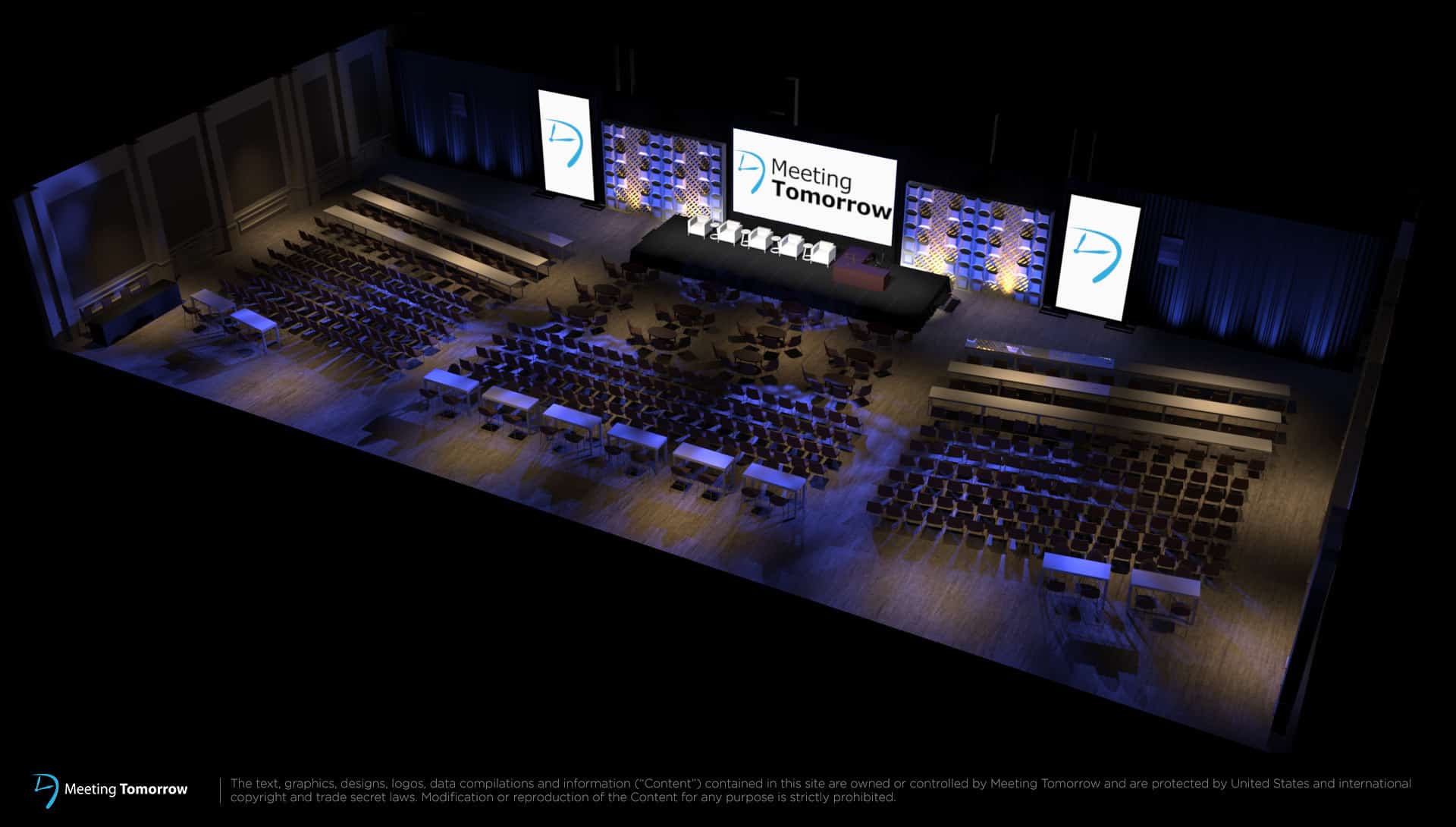Movie productions are brought to life by experienced production companies in Charlotte NC.
Movie productions are brought to life by experienced production companies in Charlotte NC.
Blog Article
Recognizing the Relevance of Events Management in the Production Industry
The relevance of events monitoring within the production sector can not be overstated, as it offers as a pivotal component in linking the space in between creative vision and efficient execution. By highlighting logistical control, spending plan adherence, and stakeholder interaction, effective occasions can raise brand engagement and functional performance.
Role of Events Management
Events management plays a critical function in the manufacturing sector, acting as the bridge between creative ideas and substantial outcomes. It includes a large range of obligations, consisting of planning, carrying out, and evaluating different events, which are crucial for showcasing productions, engaging target markets, and cultivating collaboration among stakeholders.
One of the vital features of occasions management is logistical sychronisation. This includes protecting locations, preparing tools, and managing timelines to make sure that every information lines up with the overarching vision of the manufacturing. In addition, occasions supervisors are charged with budgeting and resource allowance, which calls for an eager understanding of economic restraints and the capacity to maximize value.
Additionally, reliable interaction and stakeholder monitoring are crucial parts of events administration. Experts in this area have to communicate with a diverse set of individuals, including artists, sponsors, and suppliers, to develop a natural experience. They likewise play a crucial duty in marketing and promotion, making use of numerous networks to produce interest and participation.

Benefits for Production Business
An effective occasions monitoring strategy can produce significant benefits for manufacturing companies, improving their general operational effectiveness and market visibility. By improving the preparation and implementation of events, manufacturing business can allocate resources better, lowering costs related to mismanagement or last-minute modifications. This performance not only saves cash but also permits teams to concentrate on their core expertises, ultimately causing higher-quality results.
Moreover, well-executed events can serve as effective marketing tools, increasing brand exposure and fostering more powerful partnerships with customers, stakeholders, and the general public. Engaging events create opportunities for networking and collaboration, which can lead to new collaborations or jobs that enhance a firm's reach within the sector.
In addition, occasions can give valuable understandings via target market responses and involvement metrics, making it possible for manufacturing firms to improve their approaches and offerings. This data-driven technique can bring about even more targeted advertising and marketing initiatives and boosted consumer satisfaction.
Key Components of Successful Occasions
Successful occasions pivot on a number of crucial elements that add to their overall impact and performance. Most importantly, clear purposes are essential; understanding the purpose of the occasion permits focused planning and implementation. This involves recognizing the target audience and tailoring the event's content and activities to meet their requirements.
Additionally, thorough planning is official website critical. This consists of developing a detailed timeline, appointing roles and duties, and handling spending plans successfully. Attention to logistics, such as location selection, tools rentals, and providing services, can not be ignored, as they straight influence the event's success.
An additional important component works interaction. This encompasses not just inner sychronisation among employee but additionally external messaging to stakeholders and guests, ensuring everyone is notified and involved.
Obstacles in Event Sychronisation
Coordinating an event provides an one-of-a-kind collection of challenges that can impact its general success. Occasions typically have their website limited routines, and any kind of hold-up can lead to a cascading effect on subsequent tasks, reducing the experience for guests.

Spending plan restrictions likewise position a significant obstacle. Occasion organizers should navigate economic restrictions while aiming to meet the expectations of stakeholders, which frequently necessitates imaginative services to optimize sources. Stakeholder management can be specifically elaborate, as varying rate of interests among enrollers, vendors, and customers should be balanced to attain a cohesive vision.

Future Patterns in Events Management
Progressively, the events management market is accepting technical improvements that are improving the method events are planned and executed. One significant pattern is the rise of virtual and hybrid occasions, which supply better access and adaptability for guests (production companies in charlotte nc). This change enables organizers to reach wider target markets while minimizing logistical expenses related to standard in-person events
Another trend is the assimilation of information analytics tools to boost occasion experiences. By gathering and assessing guest data, event supervisors can tailor experiences to much better fulfill target market choices and boost interaction. This data-driven method not just improves participant complete satisfaction but additionally provides valuable understandings for future events.
Sustainability is also coming to visite site be a centerpiece in events administration, with business prioritizing eco-friendly techniques such as reducing waste and carbon footprints. This fad lines up with more comprehensive societal shifts in the direction of environmental awareness, appealing to a market significantly concerned concerning sustainability.
Finally, making use of immersive innovations, such as augmented fact (AR) and virtual truth (VR), is set to change occasion experiences, producing interesting and interactive environments that leave enduring impacts on attendees. As these patterns remain to progress, they will definitely form the future landscape of events administration in the manufacturing industry.
Conclusion
In final thought, efficient events administration is vital for the production industry, bridging the gap in between innovative principles and their execution. Ultimately, a strategic approach to events administration is important for sustained industry development.
Report this page